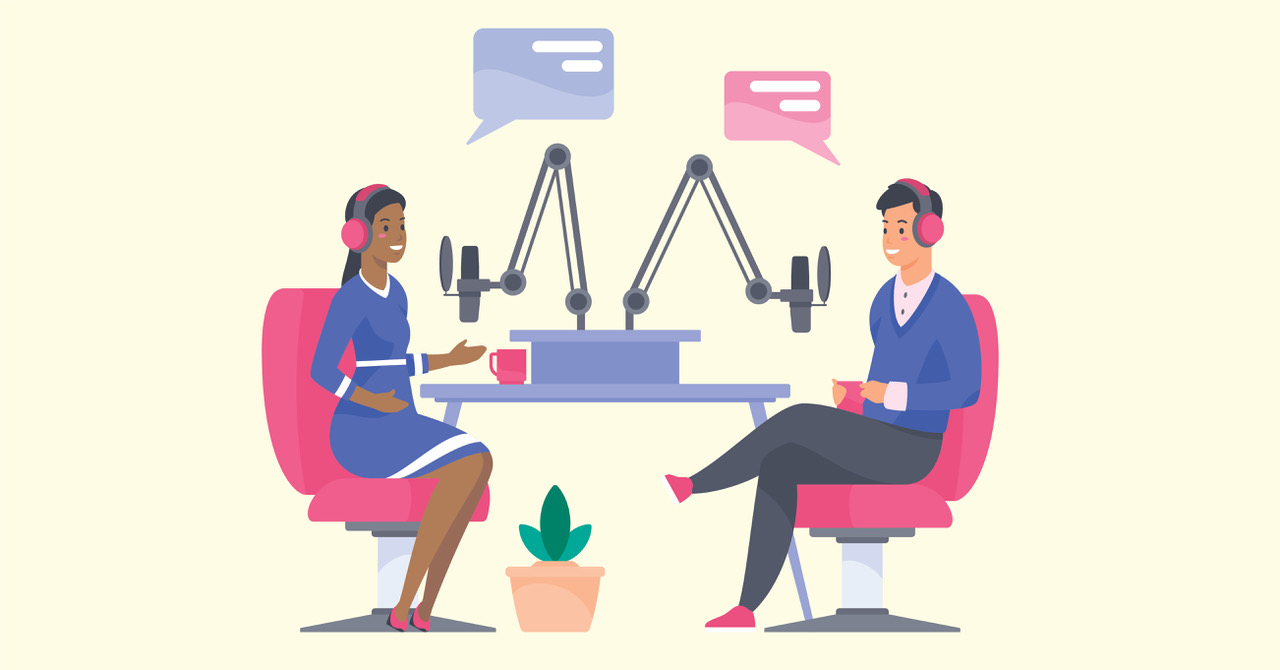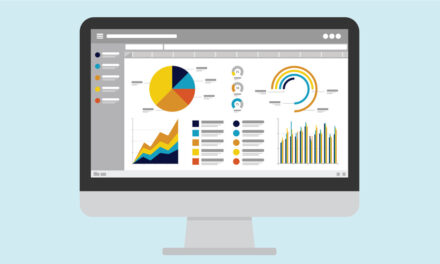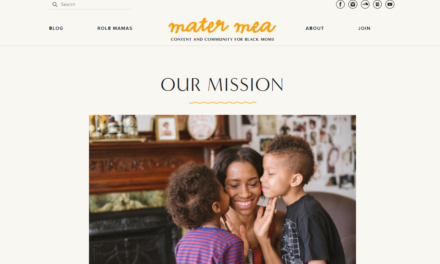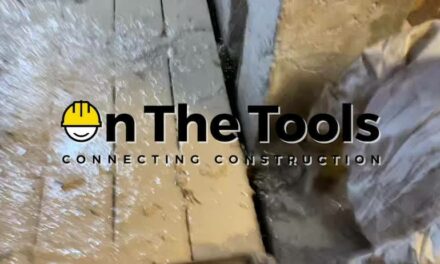Successful podcasts require more than quality microphones and great production. With interview-based podcasts, success comes from the guests – who they are, what they have to say, and how well they convey it. And that requires a host or producer who knows how to get the best guests who will deliver audio gold.
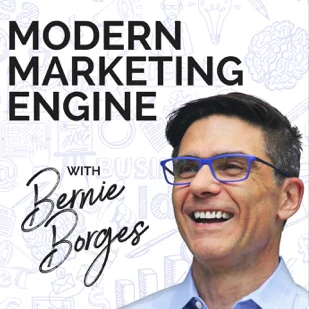
Bernie Borges interviewed people over 299 episodes of the Modern Marketing Engine podcast that concluded its run earlier this year. A few months ago, he launched another interview-based podcast, Digitally Irresistible, that he hosts on behalf of his employer, iQor.
With all that experience, Bernie says he’s found a process that can work for any podcast that relies on interviews. Earlier this fall, he shared it at Content Marketing World 2021. Whether you’re new to podcasting or have been hitting the record button for a while, we know you’ll learn something new to help your content business.
Frankly, if you do interview-based content of any type, you’ll want to read on.
Tilt Advice
Here are some tips from Bernie about interview-based podcasts:
Find guests who have something to say: Look for people who shine in your industry or topic. Who’s doing something creative? Who’s taken a risk? They likely will have stories to share that will engage an audience. Listeners will want to hear how they worked out a challenge, overcame a hurdle, etc.
In your guest research, look to the internet. See who’s engaging with your or others’ content topics. Use your keyword hashtags to find people talking about your topics.
Get podcast guests who shine in your industry or topic. Who's doing something creative? Who's taken a risk? They'll likely have good stories to tell, says @BernieBorges. #ContentBusiness #Podcasting #Interviewing Share on XTilt tip: Balance your guest list with people who are likely familiar to your audience and people who have great stories that haven’t been told. The first group likely will attract a bigger audience. And, if they promote their appearance, some of their audience members might become part of yours. The lesser-known guests will stand out because your audience hasn’t heard them talk or tell their stories elsewhere.
Make it all about the interviewee: Give them a platform to showcase their expertise, success, etc. It starts with your first outreach to connect with them. As Bernie explains: “Don’t say, ‘I would like to interview you for (title) podcast.’ Say, ‘I want to feature you …’ or ‘I want to showcase you …’”
It’s the difference, he says, between someone saying, “ok,” and someone saying, “Yes, OK!”
During the interview, make it obvious it’s all about the guest, not your show, your newsletter, or your company. Shine the spotlight on that person and make them feel special because you’re showcasing their story.
Do a prep call: “Always, always, always, always have a prep call with the person you’re going to interview,” Bernie says. (Given how many times Bernie used “always,” we knew this was the most important tip.)
Always, always, always, always do a prep call with your podcast guest. Schedule it at least 1 to 2 days before you hit record, advises @BernieBorges. #podcasting #planning #ContentEntrepreneur Share on XSchedule the call at least one to two days, ideally three to seven, before the record date. That will give you time to process and synthesize your takeaways for recording day.
Before the call, do your research. Look up their online profiles. Talk to someone who knows them.
During the call, set up everything that will be needed for the interview. Ultimately, the goal is to clearly communicate the vision of the content you plan to produce and make sure they’re aligned with it.
Ask questions and take notes. Bernie always asks this: “Please tell me the story. How do you get to be known for (topic)?”
Then, sit back and listen with minimal interruption. If they aren’t explaining sufficiently, draw the story out of them with questions like: Why did you do that? What problems did you encounter?
At the end of the prep interview, recap what you heard and plan to use so the guest can indicate if they agree with where you’re going. As you reflect over the next few days and refine the story to tell on the podcast, update the guest and make sure they still agree.
If they say, ‘Yes, that’s the story I want us to tell,’ they’re more invested and enthusiastic,” Bernie says.
Ready to record: Block off an interview time that’s two times longer than the actual podcast, so no one feels pressured to rush through the recording.
Take charge of the interview: Show that you know what you’re doing from the very beginning. Review the talking points from the prep call and subsequent show outline.
Walk them through the logistics, so they know what to expect or do. For example, Bernie explains to guests that after he ends the podcast, they should stare at the camera and smile for five seconds. He uses that as the thumbnail image for the podcast.
Suggest how to signal they want to rephrase something or start an answer again. “Let them know do-overs are OK, so they don’t feel pressured, embarrassed, or put on the spot,” Bernie says.
“Whatever you need from them, tell them in advance,” he notes.
Tell podcast guests whatever you need from them in advance so they're not pressured, embarrassed, or put on the spot in the interview, says @BernieBorges. #Planning #ContentBusiness Share on XDo a dry run of the interview: It will help the guest relax in the real interview because they’ve already done it. Also, after the dry run, review what you might want them to discuss more of or less of.
TILT TIP: Record the dry run. If everything works perfectly, you won’t need to do another take.
Be ready for the unexpected: “As the interviewer, you will encounter moments where you have to think on your feet. Embrace those moments,” Bernie says. If it works well, react to it in real-time. If it doesn’t work, you can pivot the conversation or take a moment to stop, acknowledge it wasn’t included in the agreed-upon outline, and ask where they’re going with the conversation.
Compensate them: No, you don’t need to pay your podcast guests. Bernie suggests appreciating their participation with public praise, a digital badge, or even a handwritten thank-you note. At The Tilt, Joe likes to thank people with $TILT coin. The point Bernie makes is to realize hitting the stop button on the podcast isn’t the endpoint.
By following these tips, you’ll present yourself as an authoritative, enthusiastic, well-organized host or producer. Your guests will see you as a credible and trustworthy interviewer, and that will create a conversation your audience will want to tune in.
About the author
Ann regularly combines words and strategy for B2B, B2C, and nonprofits, continuing to live up to her high school nickname, Editor Ann. An IABC Communicator of the Year and founder of G Force Communication, Ann coaches and trains professionals in all things content. Connect with her on LinkedIn and Twitter.

